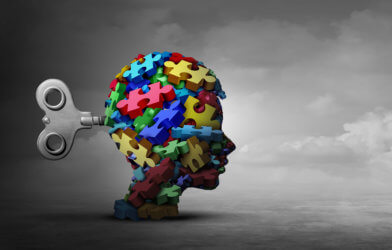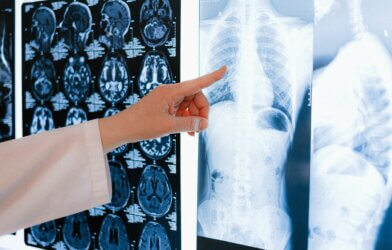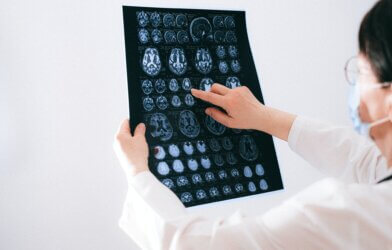MindMed, the front-runners of biotechnology in psychedelic therapy, has recently joined forces with researchers from the UHB Liechti Lab in the research and development of psilocybin. Dr. Matthias Liechti released the results of the ongoing project during the Berlin INSIGHT Conference.
Dr. Liechti and his team found that 20 mg of psilocybin produces similar psychedelic effects to that of 100 mcg of LSD. The team also found that psilocybin could safely be combined with the antidepressant escitalopram.
Escitalopram was given to the volunteers daily over the span of two weeks before they were given psilocybin. Results indicated the antidepressant was able to reduce anxiety and prevent the blood pressure spikes that usually follow psilocybin administration. However, escitalopram did not have an effect on the psychedelic feature of psilocybin.
“Investors and researchers alike are eager to understand the similarities between psilocybin and LSD. Learning how these substances compare and interact with other drugs helps us ensure that our treatment programs are as effective and efficient as possible,” said Robert Barrow, CEO of MindMed.
“The psychedelic experience can be conceptualized as the facilitated transforming encounter between one’s fears and longings with the universe and its network of living processes. This work with Professor Liechti, indicating for example that genetic polymorphisms of CYP2D6 significantly influence the pharmacokinetic and subjective effects of LSD, is an illustration that biological and psychological transformation processes may be deeply interwoven. When LSD is the chosen key to open an opportunity for psycho-transformation and growth, individual parameters such as one’s own metabolization and bio-transformation rhythm have to be carefully understood and taken into consideration in order to allow the transformative effect to happen in the most powerful and safe manner,” said Dr. Miri Halperin Wernli, Executive President of MindMed.
“While both LSD and psilocybin have a long history in psychiatric research, psilocybin is being studied in a majority of ongoing clinical trials of psychedelics,” said Dr. Liechti. “It is important for us to understand the acute effect characteristics of different psychedelics, and to understand how these substances interact with other treatments like antidepressants. We look forward to fully analyzing the exciting data produced by these studies and publishing our findings later this year.”












Comments